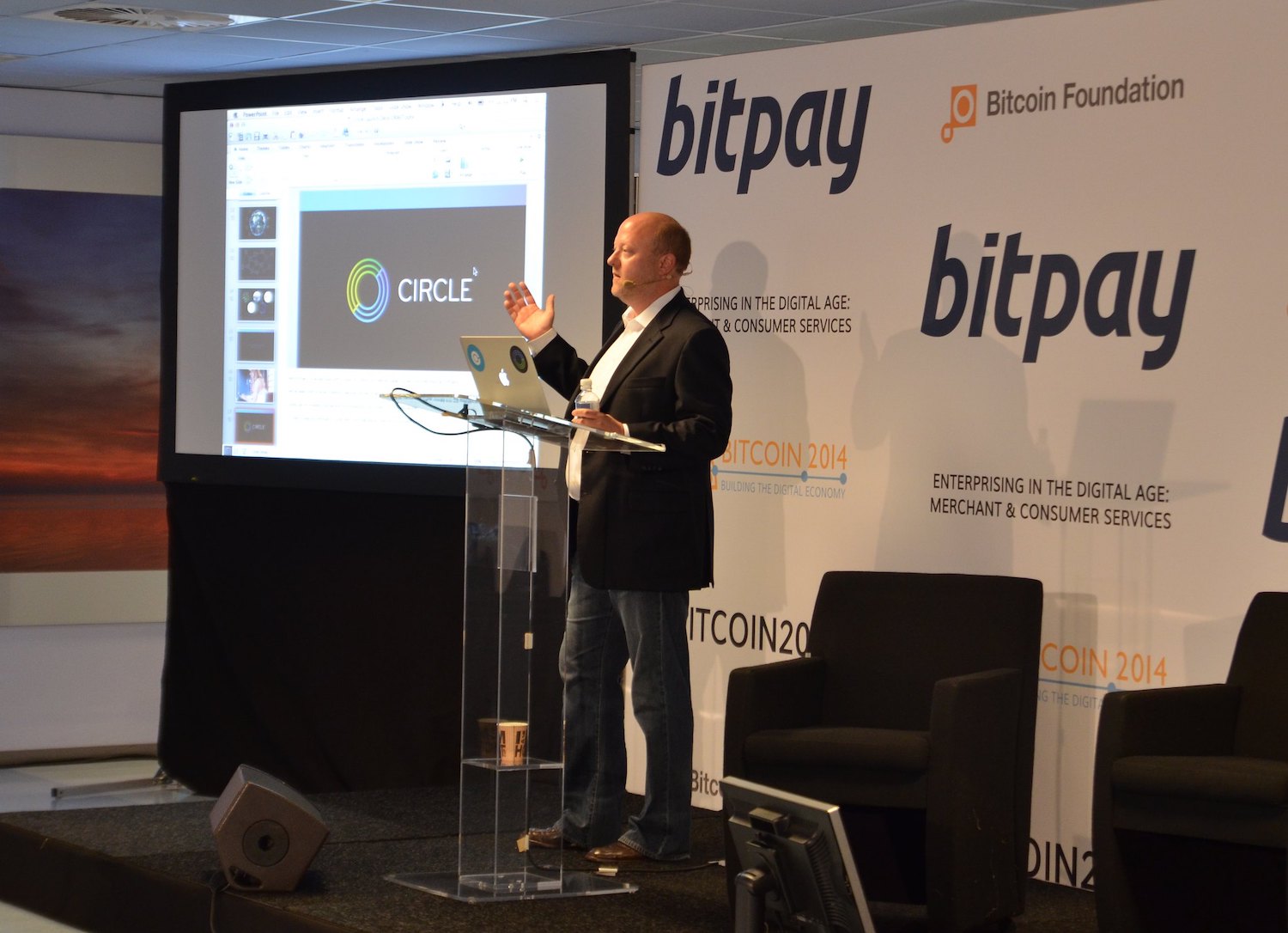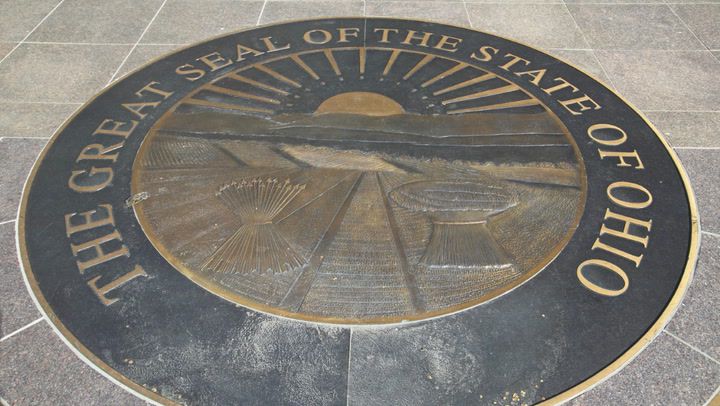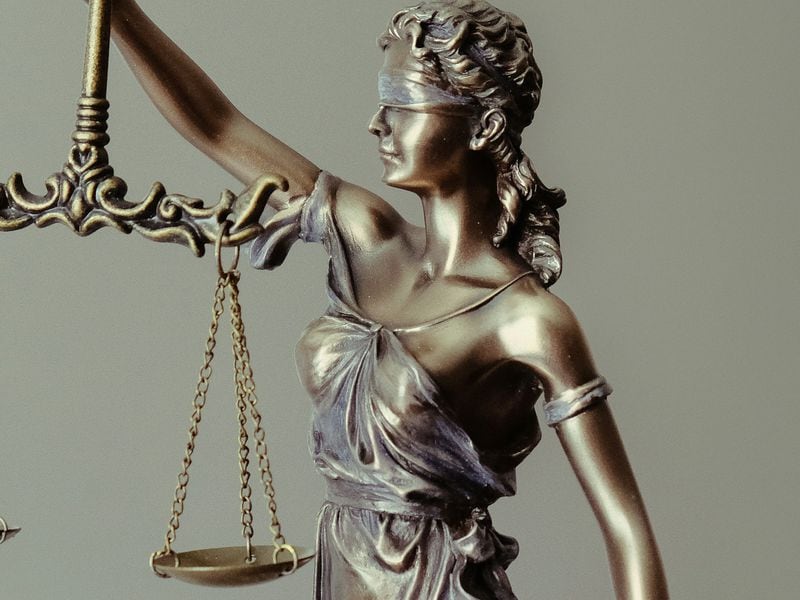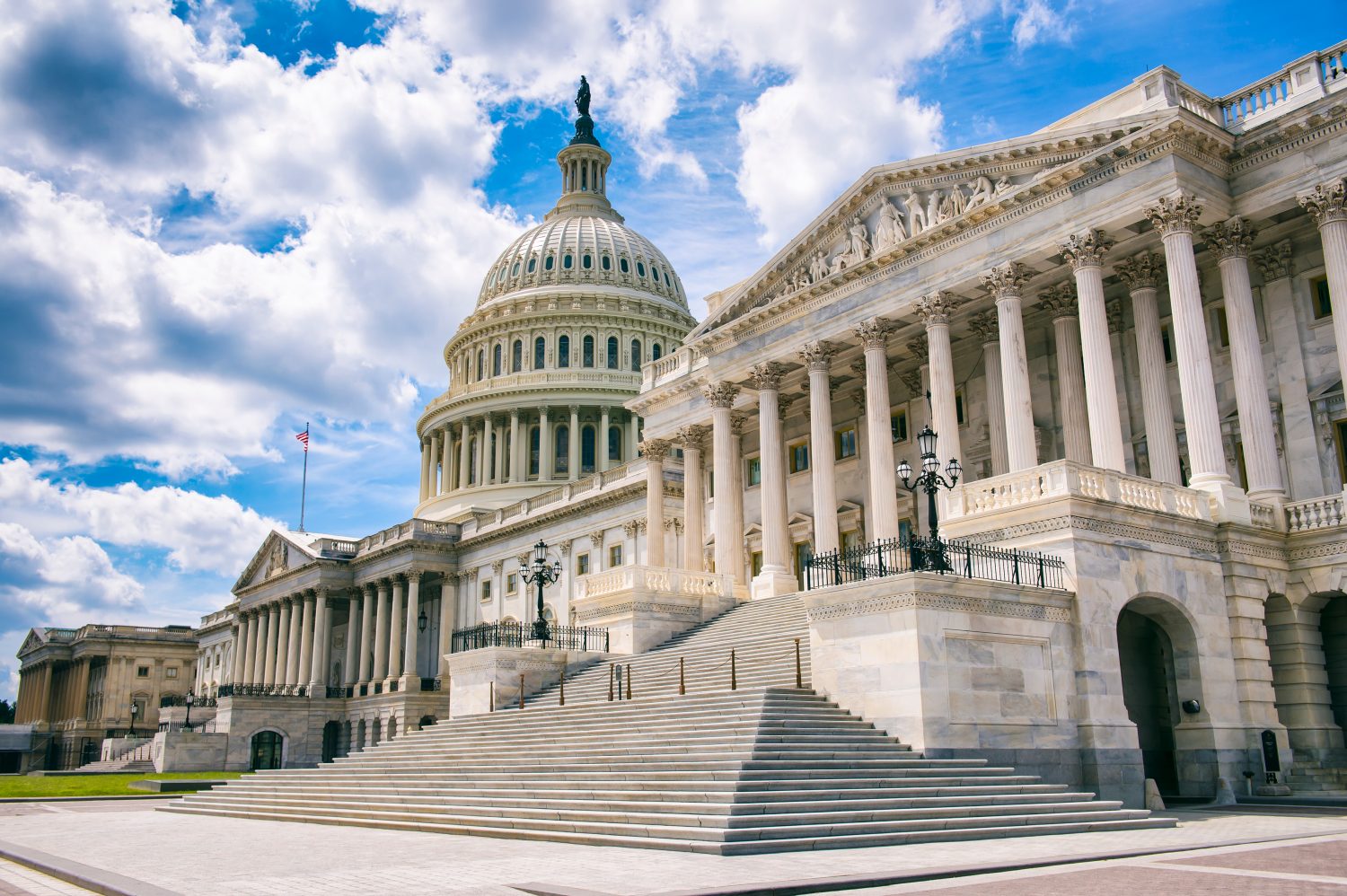SEC Chair Gary Gensler: ‘Far Too Many Frauds and Bankruptcies’
Earlier this month, I had the opportunity to speak with U.S. Securities and Exchange Commission (SEC) Chair Gary Gensler, recognized by CoinDesk as one of the most influential figures in the crypto industry over the past year, about how he views his agency’s role in the digital asset world.
You’re reading State of Crypto, a CoinDesk newsletter looking at the intersection of cryptocurrency and government. Click here to sign up for future editions.
A business model of noncompliance
The narrative
The crypto industry has its share of bad – or maybe inept – actors. After the past year, that point can’t really be argued. I spoke to SEC Chair Gary Gensler earlier this month as part of my reporting for this year’s Most Influential series.
Why it matters
The SEC chief and the agency he oversees continue to remain the most prominent regulatory body for the U.S. crypto industry, and with good reason – while crypto companies look for state money transmitter licenses and look to comply with anti-money laundering rules, much of the industry’s trading falls within the SEC’s bucket (or not, depending on who you ask).
Breaking it down
Crypto’s entrepreneurs have “generally built a business model around noncompliance with the law,” the SEC chief said.
Gensler, one of the industry’s favorite – or perhaps least favorite – foils was recognized by CoinDesk as one of crypto’s most influential figures through 2023. In the past year his agency has sued crypto exchanges like Coinbase, Binance and Kraken, begun reviewing a new slate of spot bitcoin exchange-traded fund (ETF) applications and started outlining a (still-untested) pathway for companies to list and trade digital assets in compliance with the agency’s vision of how digital assets fit within existing law.
But in Gensler’s words, much of his focus is on addressing a field that’s rife with fraud and where some companies fail to protect their customers against wash trading or other issues. It’s a view he’s reiterated a number of times, pointing to the bankruptcies of the past 18 months or so as an example.
While he has “deep respect for the investing public,” Gensler told CoinDesk he does not believe crypto investors are receiving appropriate disclosures from the various projects they may be buying tokens for.
There are “far too many frauds and bankruptcies” out there, he said.
Within the crypto remit, Gensler said some of his concerns included companies commingling customer funds (a concern that’s shown up in some of the SEC’s complaints against crypto companies this year) and trading against their own customers.
The SEC is reviewing a number of outstanding rules that might affect the crypto industry, though he said he wouldn’t prejudge them when asked about how he looked at one, as an example.
He highlighted entrepreneurs in the sector a number of times.
“These entrepreneurs have followings on Reddit, on Medium. It’s also 24 hours a day, seven days a week,” he said.
Gensler also questioned the real value proposition of most of the tokens he sees as crypto securities.
“If there’s a good or service, we can understand that,” he said. “What’s the value proposition of actually having a decentralized token?”
Many of these projects are just “speculative investment contracts,” he said. Even bitcoin, which is widely seen as a commodity, is speculative, he said.
“Investors should be wary, they should be careful, they should be ready to lose 100% of their assets – if you can find a website, if you can read about them in CoinDesk, it’s likely that you’re making a bet on those entrepreneurs,” Gensler said.
Stories you may have missed
-
Elizabeth Warren Pushes Back at Blockchain Lobbying Efforts
: U.S. Senator Elizabeth Warren (D-Mass.) has sent a letter to the Blockchain Association, Coin Center and Coinbase asking about how many former government employees or elected officials are associated with the trade groups/exchange. The lawmaker asked for the groups to list the officials and their previous roles.
Wrapping up 2023
Next week, as has become tradition around these parts, CoinDesk’s Regulation Team will share what they’re expecting or watching out for next year. But I also want to hear from you, our readers, on what you will be watching or expecting in 2024 – if you want to weigh in for a future edition of this newsletter, shoot me an email with a brief (100-200 words) explanation, alongside your name or handle and interest in crypto.
This week
:format(jpg)/cloudfront-us-east-1.images.arcpublishing.com/coindesk/FNSHSJBP6BA5BCGJQFF7UGJYNY.png)
-
There do not appear to be any hearings or events of note this week.
Elsewhere:
-
(
Slate
) Slate’s Nitish Pahwa dug through court exhibits from Sam Bankman-Fried’s trial to look at how exactly he was involved in what “was, notoriously, one of the most expensive races” in the 2022 midterm elections.
-
(
Fortune
) The office of New York Attorney General Letitia James is using the lawsuit against Gemini and Digital Currency Group to push again for state legislation that would give it greater oversight over the crypto industry, in conflict with the New York Department of Financial Services, reports Fortune’s Leo Schwartz.
-
(
Forbes
) Bhutan is building a megacity to spur economic development, reports Forbes.
:format(jpg)/cloudfront-us-east-1.images.arcpublishing.com/coindesk/HDWOJ6WDXNEN5DZVEX7JRZGIHE.png)
If you’ve got thoughts or questions on what I should discuss next week or any other feedback you’d like to share, feel free to email me at nik@coindesk.com or find me on Twitter @nikhileshde.
You can also join the group conversation on Telegram.
Edited by Stephen Alpher.









